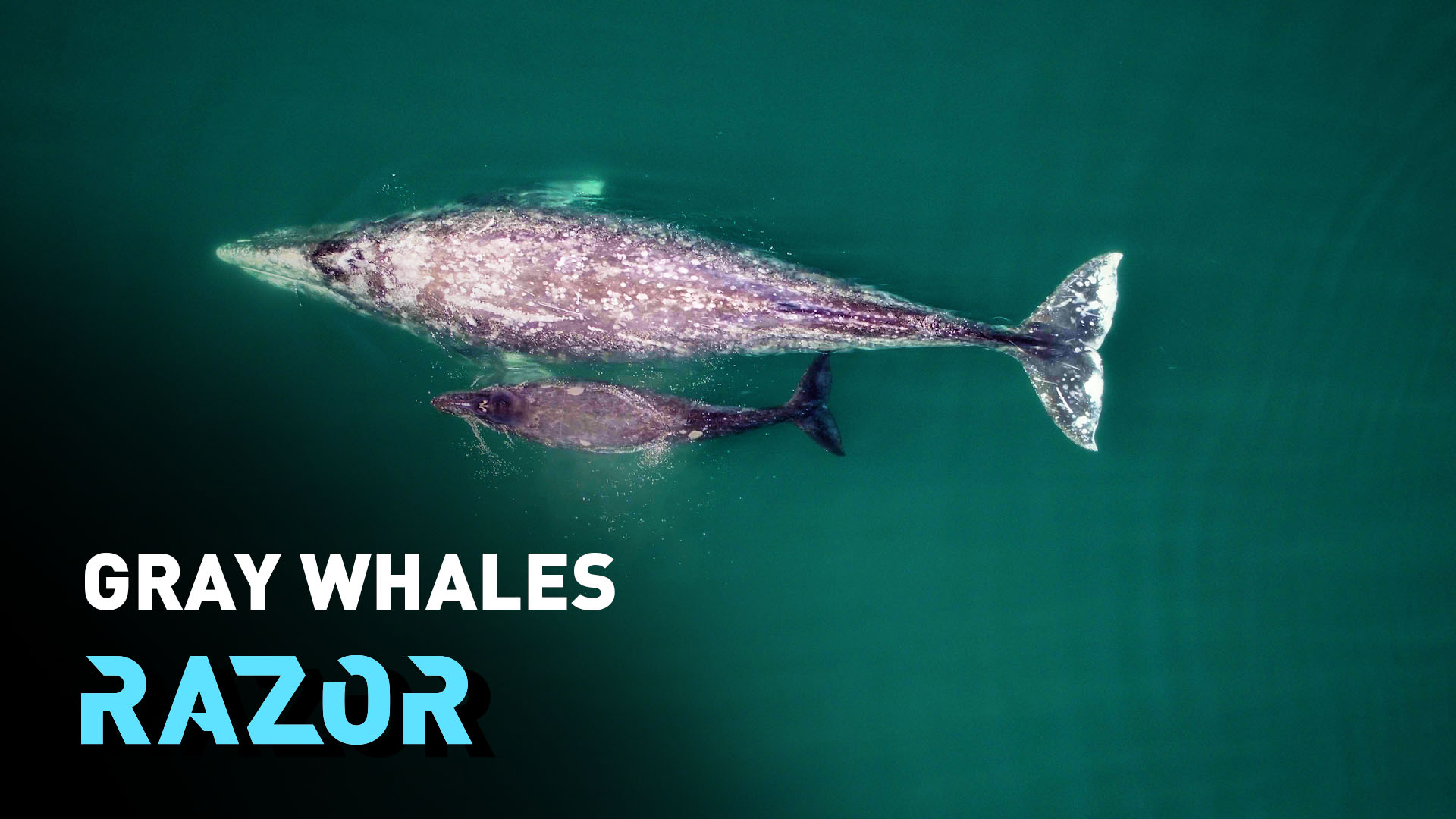07:44

Over the last two years, an unusual number of gray whales have been washing up, dead or dying on the west coasts of the U.S. and Mexico.
Their summer feeding season usually allows them to bulk up to over 40 tonnes before embarking on what is the longest migration of any mammal. But many of the animals, which can grow to almost 15 meters long, have been leaving their feeding grounds in poor nutritional states and are struggling to make the return journey following the breeding season.
Scientists believe warming arctic conditions and a declining number of krill, their main source of food, may be to blame. Shini Somara talks to Assistant Professor Fredrick Christianson and a research team from the Aarhus Institute of Advanced Studies who are using drone photogrammetry to track the gray whale population and get to the root of the problem.

